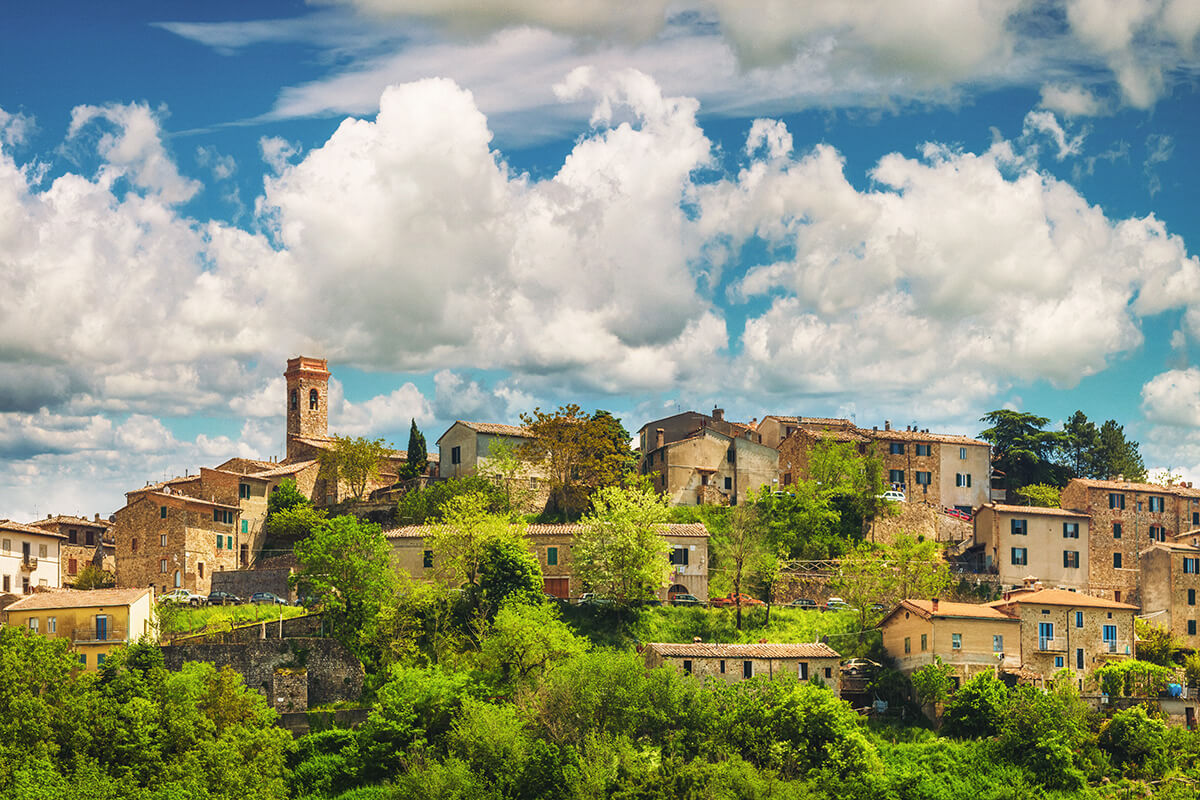Italy, renowned for its rich culture, delicious cuisine, and picturesque landscapes, also boasts a treasure trove of proverbs and sayings. These expressions provide a glimpse into the values, wisdom, and humor of Italian life. In this blog post, we delve into one of the most beloved Italian proverbs, exploring its meaning and cultural significance.
The Italian proverb "Chi va piano, va sano e va lontano" translates to "He who goes slowly, goes safely and goes far." This saying emphasizes the importance of taking a measured, steady approach to life. It suggests that by not rushing and instead moving at a careful and thoughtful pace, one can achieve long-lasting success and well-being. This proverb embodies several key aspects of Italian culture:
1. The Value of Patience and Prudence
In a world that often prioritizes speed and immediate results, this Italian saying reminds us of the value of patience and prudence. Italians believe in the importance of taking time to do things properly, whether it’s preparing a meal, building relationships, or pursuing career goals. This approach is reflected in the slow food movement, which originated in Italy and promotes traditional cooking methods and the enjoyment of leisurely meals.
2. A Focus on Well-being
The phrase "va sano" (goes safely) highlights the importance of well-being and health. Italians place a high value on quality of life, which includes not just physical health but also mental and emotional well-being. This holistic view is evident in the Mediterranean lifestyle, which emphasizes balanced diets, regular physical activity, and strong social connections.
3. Longevity and Sustainable Success
"Va lontano" (goes far) implies that success is a marathon, not a sprint. Italians understand that true, sustainable success comes from consistent effort over time. This mindset can be seen in the enduring legacy of Italian craftsmanship, from fashion and design to art and architecture, where excellence is achieved through dedication and attention to detail.
Everyday Applications
The proverb "Chi va piano, va sano e va lontano" can be applied to various aspects of daily life:
Work and Career: In professional settings, this saying encourages a balanced approach to work. It suggests that taking the time to develop skills, build relationships, and make thoughtful decisions leads to long-term success.
Personal Goals: Whether it’s learning a new language, adopting a healthier lifestyle, or pursuing a hobby, this proverb reminds us that steady progress is more effective than rushing and risking burnout.
Relationships: In personal relationships, the saying underscores the importance of nurturing connections with patience and care, leading to deeper and more meaningful bonds.
Examples in Italian Culture
This proverb is often reflected in various aspects of Italian life and culture:
Cuisine: Traditional Italian cooking often involves slow, deliberate processes, such as simmering sauces for hours or aging cheeses and wines. The emphasis is on quality and savoring the experience rather than rushing to complete a meal.
Art and Architecture: Italian art and architecture are renowned for their beauty and craftsmanship. The creation of masterpieces like Michelangelo's Sistine Chapel or the construction of Florence's Duomo took years of meticulous work, embodying the principle that slow and steady efforts produce lasting greatness.
"Chi va piano, va sano e va lontano" is more than just a proverb; it’s a reflection of the Italian way of life. This saying encapsulates the values of patience, well-being, and sustainable success, offering timeless wisdom that is relevant in today's fast-paced world. By embracing this philosophy, we can learn to appreciate the journey, take care of ourselves, and achieve our goals with enduring success.
Next time you find yourself rushing through tasks or feeling the pressure to achieve instant results, remember the Italian proverb: "He who goes slowly, goes safely and goes far." Take a breath, slow down, and enjoy the process. After all, life's greatest rewards often come to those who take the time to savor the journey.


